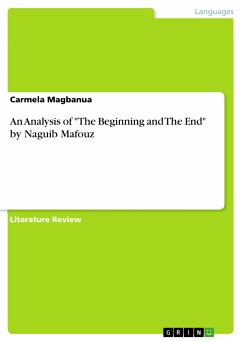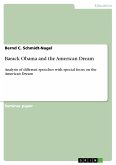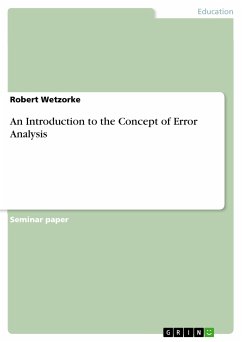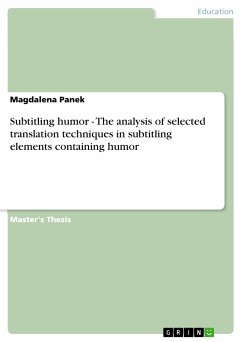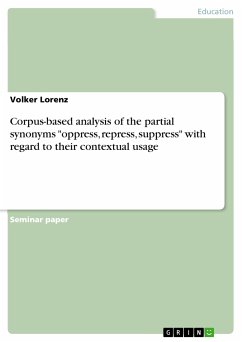Literature Review from the year 2010 in the subject Didactics - English - Literature, Works, grade: 1.25, Philippine Normal University, course: MA. Ed. in Literature, language: English, abstract: Based on Egypt’s history, it had been founded and united by the Namer dynasty on 3100-2890 B.C. For several centuries, Egypt continued to flourish in terms of architecture and infrastructure. Thus, Egypt was known as the “Mother of Civilization” for its great landmarks and great hold of culture and tradition. Unfortunately, on 332-323 B.C., the misfortunes of Egypt under the influence of colonization started with Alexander the Great leading the colonization. Egypt endured different periods of colonization with different colonizers, such colonizers were the Greek-Roman colonizers, Islamic Arabs, Turks, French and British Empires. Due to this several periods of colonization, Egypt had withstood all of this but it left a great impact on the mentality and personality of the Egyptians. These different effects of colonization are symbolically represented in Naguid Mafouz’s The Beginning and The End through the bereaved family of Effendi Kamel Ali. The different members of the family represent the colonial mentality of the Egyptians as a whole. Such representations, though meager as the members are, are still a good way of opening the eyes of the readers on the current state of the Egyptians after the different colonial powers in their mother country.

